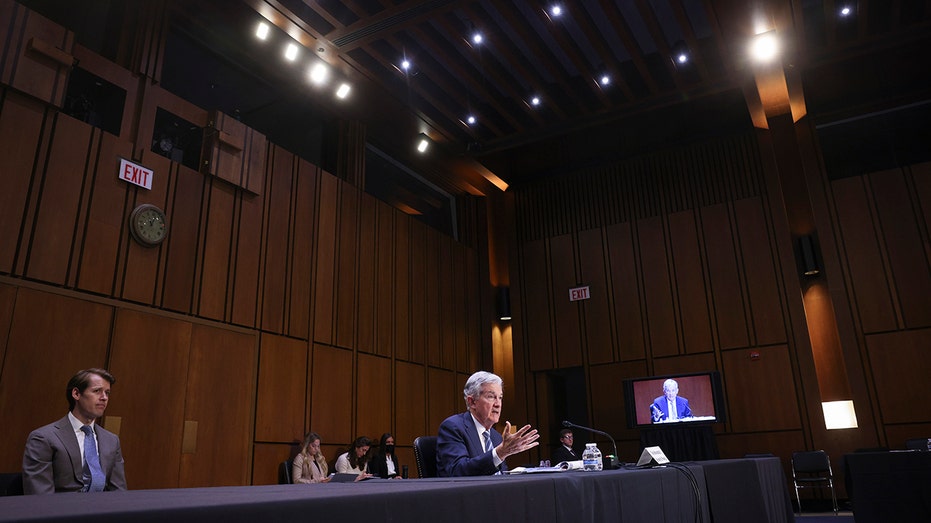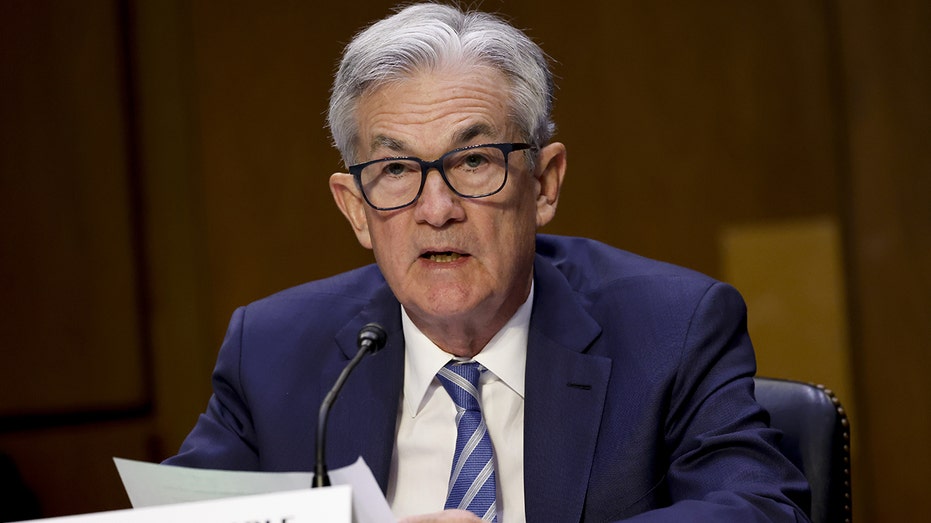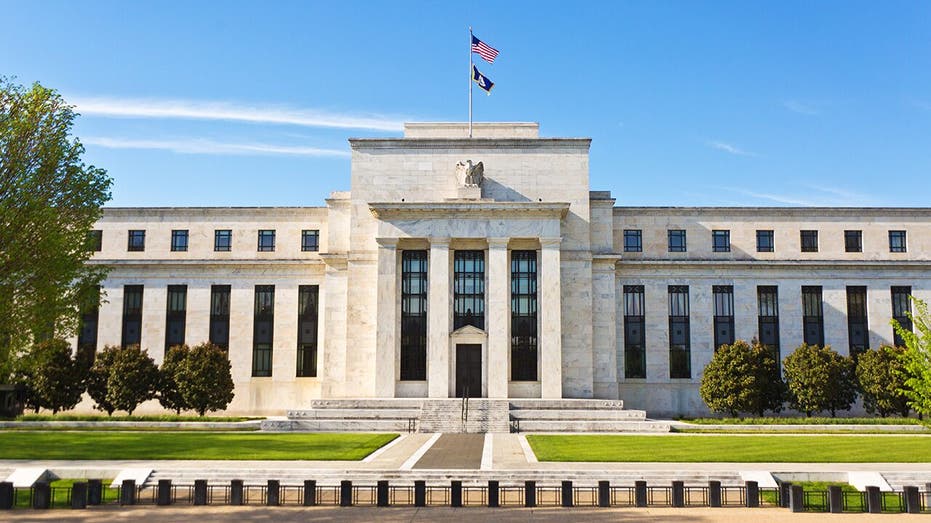Powell concedes Fed may trigger recession, calls soft landing 'very challenging'
Fed's Powell admits soft landing will be 'very challenging' as inflation rages
Can the Fed achieve a soft landing as policymakers fight inflation?
Thomas Hoenig, the former Kansas City Federal Reserve president, weighs in, arguing that a 'recession is a fair call.'
Federal Reserve Chairman Jerome Powell acknowledged the U.S. central bank's war on inflation could force policymakers to raise interest rates so high they drag the U.S. economy into a recession.
"It’s certainly a possibility," Powell told lawmakers Wednesday. "We are not trying to provoke and do not think we will need to provoke a recession, but we do think it’s absolutely essential that we restore price stability, really for the benefit of the labor market, as much as anything else."
Powell was testifying before the Senate Banking Committee and will appear before the House Financial Services Committee Thursday, part of his regular, semi-annual update on monetary policy. In his opening remarks, Powell pledged that Fed officials will continue to raise interest rates until they see "compelling evidence" that inflation is starting to cool off from the current 40-year high.
While the central bank is hoping to orchestrate a soft landing – the sweet spot between taming consumer demand and inflation without crushing economic growth – Powell admitted the task was becoming increasingly difficult.
FED RAISES INTEREST RATE BY 75-BASIS POINTS IN HISTORIC MOVE TO FIGHT INFLATION

Jerome Powell, chairman of the Federal Reserve, testifies before the Senate Banking, Housing and Urban Affairs Committee June 22, 2022, in Washington, D.C. (Win McNamee/Getty Images / Getty Images)
"It is going to be very challenging," he said. "It has been made significantly more challenging by the events of the last few months – thinking there of the war and of commodities prices and further problems with supply chains."
His testimony comes just one week after the Fed voted to raise interest rates by 75 basis points for the first time since 1994, underscoring just how serious policymakers are about tackling the inflation crisis after a string of alarming economic reports. The move puts the key benchmark federal funds rate between 1.50% and 1.75%, the highest since the pandemic began two years ago.
Still, adjusted for inflation, that is still in negative territory.

Jerome Powell, chairman of the U.S. Federal Reserve, speaks during a Senate Banking, Housing and Urban Affairs Committee hearing in Washington, D.C., Wednesday, June 22, 2022. (Ting Shen/Bloomberg via Getty Images / Getty Images)
Powell told reporters at a press conference following the meeting that another increase of 75 basis points or 50 basis points is on the table for July as officials race to catch up with runaway inflation. Officials expect the benchmark federal funds rate to hit 3.4% by the end of the year and 3.8% by the end of 2023, a big increase from their March projections.
AS INFLATION RATE SOARS, CENTRAL PARK VISITORS SHARE HOW PRICE SURGES HAVE IMPACTED EVERYDAY LIFE
"Over coming months, we will be looking for compelling evidence that inflation is moving down," Powell said. "We have both the tools we need and the resolve it will take to restore price stability."
The Fed head provided no insight on Wednesday over the size of future rate hikes. Central bank policymakers are slated to meet next July 26-27.

U.S. Federal Reserve (iStock / iStock)
But the Fed's policies to hamper consumer demand and tame inflation are expected to slow the economy, with a growing number of Wall Street firms forecasting a recession in the next two years. Goldman Sachs, Bank of America and Deutsche Bank have all raised the odds of a downturn in 2022 or 2023, and Powell has conceded there's a real possibility of a recession.
Hiking interest rates tends to create higher rates on consumer and business loans, which slows the economy by forcing employers to cut back on spending. Mortgage rates are already approaching 6%, the highest since 2008, while some credit card issuers have raised their rates to 20%.
GET FOX BUSINESS ON THE GO BY CLICKING HERE
"The events of the last few months around the world have made it more difficult for us to achieve what we want," Powell said Wednesday. "We’ve never said it was going to be easy or straightforward."





















